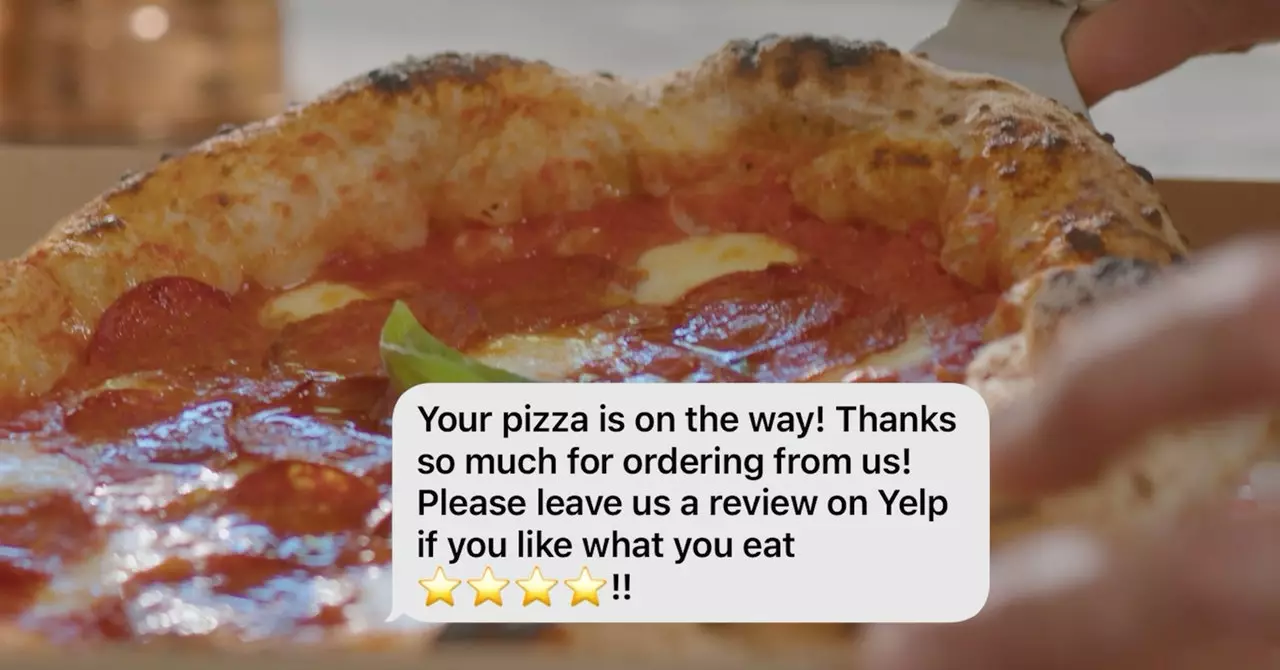In the rapidly evolving world of technology, companies are increasingly turning to artificial intelligence (AI) to enhance customer interactions and sales processes. One such innovation is Wyze’s AI-driven sales assistant, Palona, which aims to redefine how consumers engage with brands. This article delves into the mechanics of Palona, its unique features, and the broader implications of using AI in the retail landscape.
At its core, Wyze’s Palona is engineered to serve as a personalized sales agent, drawing on the wealth of knowledge contained within the company’s existing product catalog and customer inquiries. Leveraging large language models, including the likes of OpenAI’s ChatGPT, Palona integrates a proprietary supervisor model that ensures all customer interactions remain strictly relevant to Wyze’s offerings. This is particularly significant because it allows for a seamless conversation flow, preventing the dialogue from veering off topic.
What truly sets Palona apart, according to company representatives, is its incorporation of an “emotional intelligence” model. This feature equips the chatbot with the ability to understand and replicate social cues, such as humor and contemporary communication styles. This can enhance the shopping experience, as customers may respond more favorably to a bot that feels relatable and conversational rather than purely transactional.
Wyze intended for Palona to be more than just a standard chatbot; they personified it as a wizard, further engaging users with thematic responses. This whimsical character not only adds a layer of enjoyment to the interaction but also aligns the responses with the brand’s identity. For instance, when queried about the best security camera, Palona deftly steers the dialogue, stating, “Let me guide you through some enchanting options.” Such imaginative wording captures attention and promotes a sense of connection between the customer and the brand.
Moreover, Palona does not shy away from discussing competitors. When prompted about the comparative merits of the Nest Cam, the bot provides a balanced view, highlighting both Wyze’s offerings and the benefits of the competitor’s product. This type of transparency is increasingly important in a world awash with options. It not only builds trust with consumers but also showcases the confidence Wyze has in its product lineup.
Another novel aspect of Palona is its memory capability, enabling it to create and retain customer profiles. This personalization is the bedrock of modern customer service, driving loyalty and repeat business. For example, if a user has a penchant for certain products or has previously engaged with specific concerns, Palona can recall this information in future interactions, tailoring recommendations accordingly.
This feature plays into the growing consumer preference for experiences that feel uniquely crafted to their needs, as opposed to one-size-fits-all solutions. Wyze’s emphasis on this personal touch suggests a robust strategy to attract and retain younger customers, who tend to favor conversational interfaces over traditional search methods.
Palona is part of a broader trend in which businesses deploy AI technologies to enhance sales strategies. Competing platforms, such as Big Sur AI, also integrate chat-based interfaces, allowing customers to engage in product inquiries and support while driving sales growth for the company. The charm of these AI systems lies in their ability to operate without commission considerations, potentially leading to more cost-effective sales solutions for businesses.
As consumers continue to embrace conversational commerce, it’s important to evaluate the implications of such technologies. While AI-driven sales agents like Palona provide efficiency and engagement, they also invite a conversation about the balance between automation and the human touch—an essential component of customer service.
Wyze’s Palona represents a significant step forward in the evolution of customer interaction within the retail sphere. By incorporating emotional intelligence, personalization, and creative engagement, Palona reimagines the role of a sales agent in an increasingly digital landscape. As AI continues to permeate various fields, the advantages it brings to the sales process are becoming clearer, compelling businesses to harness its potential in order to stay competitive in a fast-changing market. The future of sales may well hinge on how effectively brands can utilize these advanced technologies to foster meaningful relationships with consumers.

